Sex and the City star Sarah Jessica Parker acknowledged how her show failed the LGBT community in an interview with the Wall Street Journal's Future of Everything Festival.
Parker explained that if the show were made today, it would have had a more diverse and inclusive cast, instead of being limited to four cisgendered heterosexual white women. "There were no women of color...and there was no substantial conversation about the LGBTQ community," she reflected.
The veteran actress said that her character, Carrie Bradshaw, "is very much a product of her generation and I think her conversations about sexual politics and intimacy spoke to the years." She added that since the show aired in the 1990's, New York has undergone radical political and economic transformations that any show made today would reflect very differently.
Bradshaw was a newspaper sex columnist in New York City, as well as a fashion icon. She went on to become a freelance writer for Vogue, and her weekly column "Sex and the City" was the basis of the show, providing the title, plot, and narration for each episode.
"As always, those years prior to being a young adult inform your worldview. I think that she would have a lot to say about this, and I would be curious to read [her] column if she could sit back and look at it. 'You know, this city has changed – that was 20 years ago this June – this city has changed an enormous amount politically and economically and socially and I think it would be a different show, honestly."
Parker also said that if the show had been produced today, Bradshaw would be an icon for the progressive changes our society has made over the last two decades.
But in its heyday, Sex and the City didn't do the LGBT any favors. Fox example, Bradshaw dated a bisexual man in season 3, but the cast disparaged bisexual men, joking that being bi is a "layover to Gaytown" and that "they always end up with men." In another episode, Samantha, the "try-sexual" best friend played by Kim Cattrall, once used a transphobic slur when talking about trans sex workers in her neighborhood.
In the two feature films that followed the series after it concluded in 2004, gay men were shown as being easily smitten with each other, which some interpreted as forcing a heteronormative theme onto LGBT people. This isn't to say instant romance doesn't happen, but like straight people, LGBT individuals have a diverse array of romantic and sexual experiences. This narrow portrayal was described as "clichéd, condescending hetero fantasy" that assumes "all a gay man needs to do to find love is be placed in the general vicinity of another gay person" by Salon's Thomas Rogers.
"Of course, there's nothing wrong with a glitzy, kitschy wedding, or a gay man who loves fashion, but the problem is the fact that, in the Sex and the City universe, that's the only form of gayness that exists."

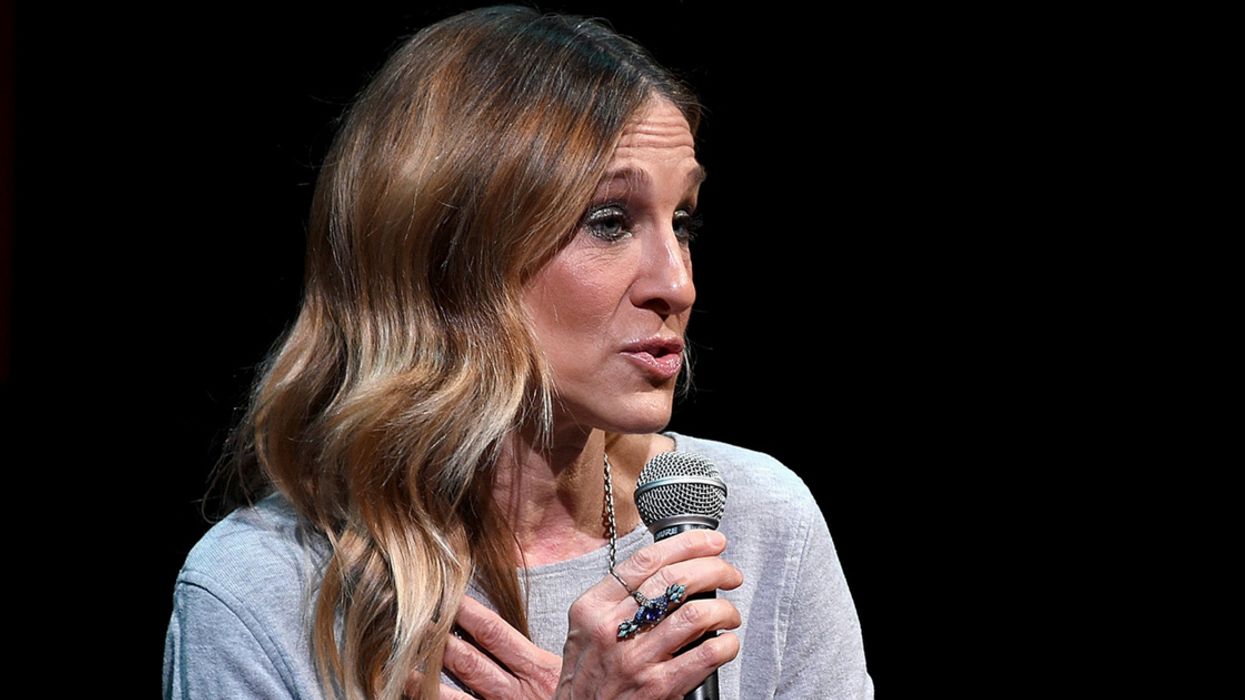

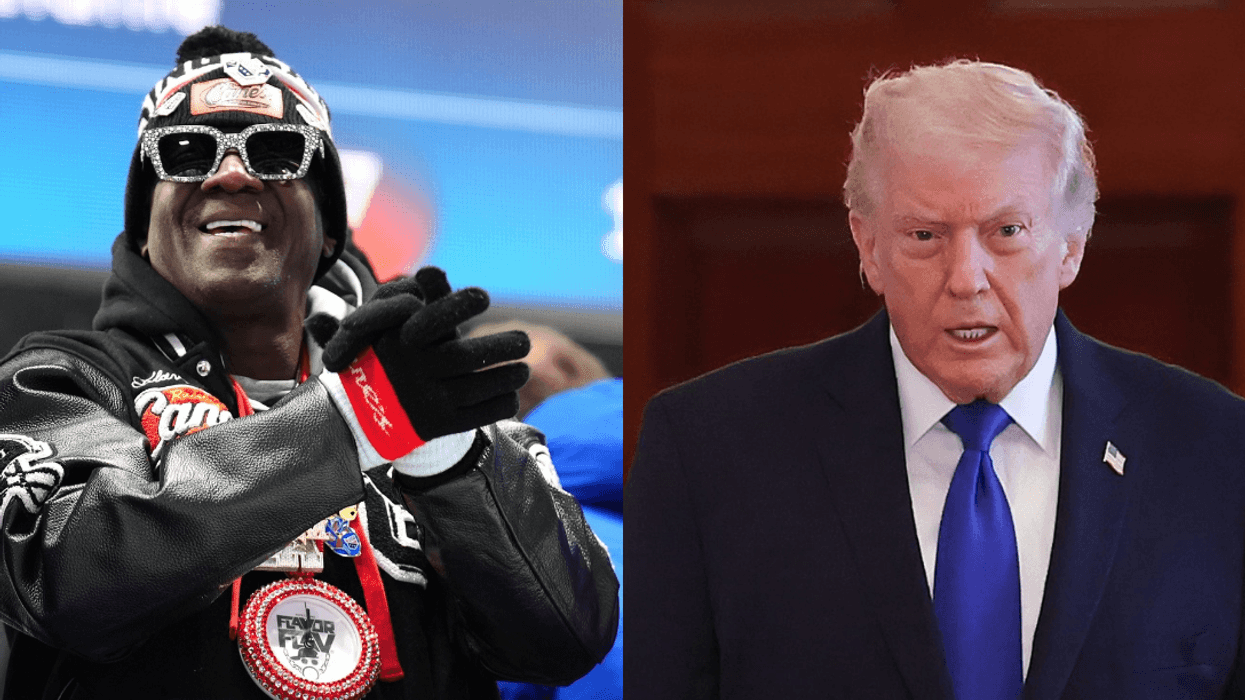

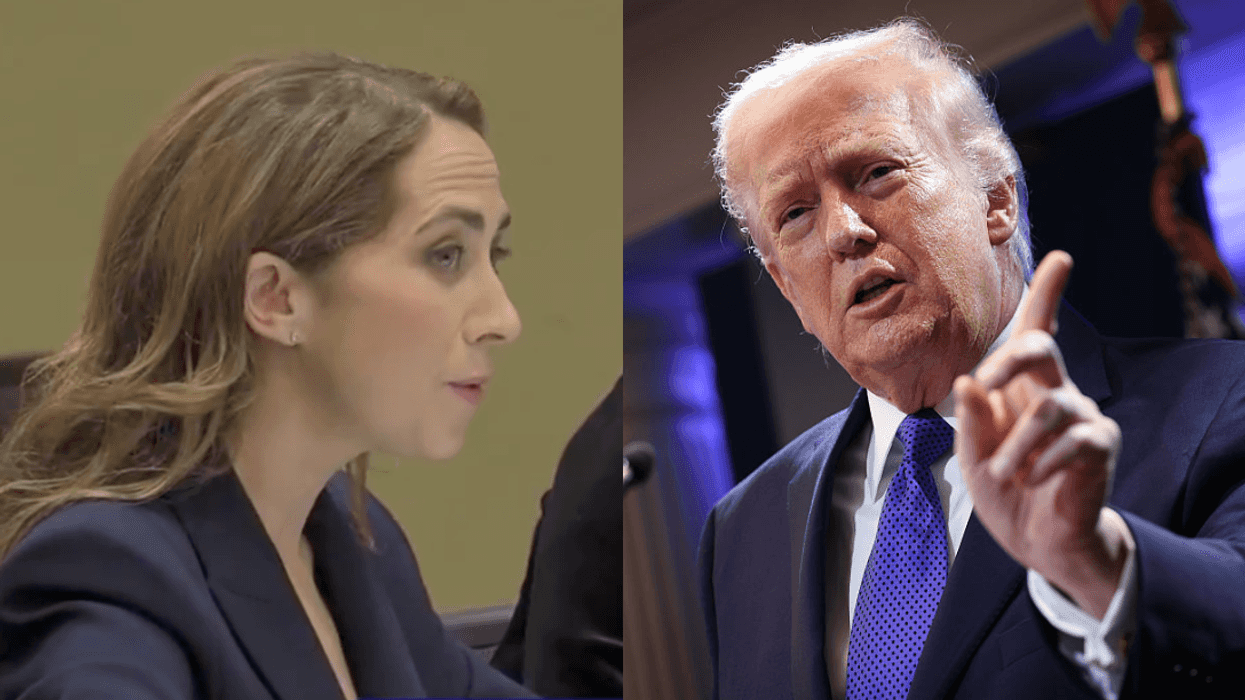
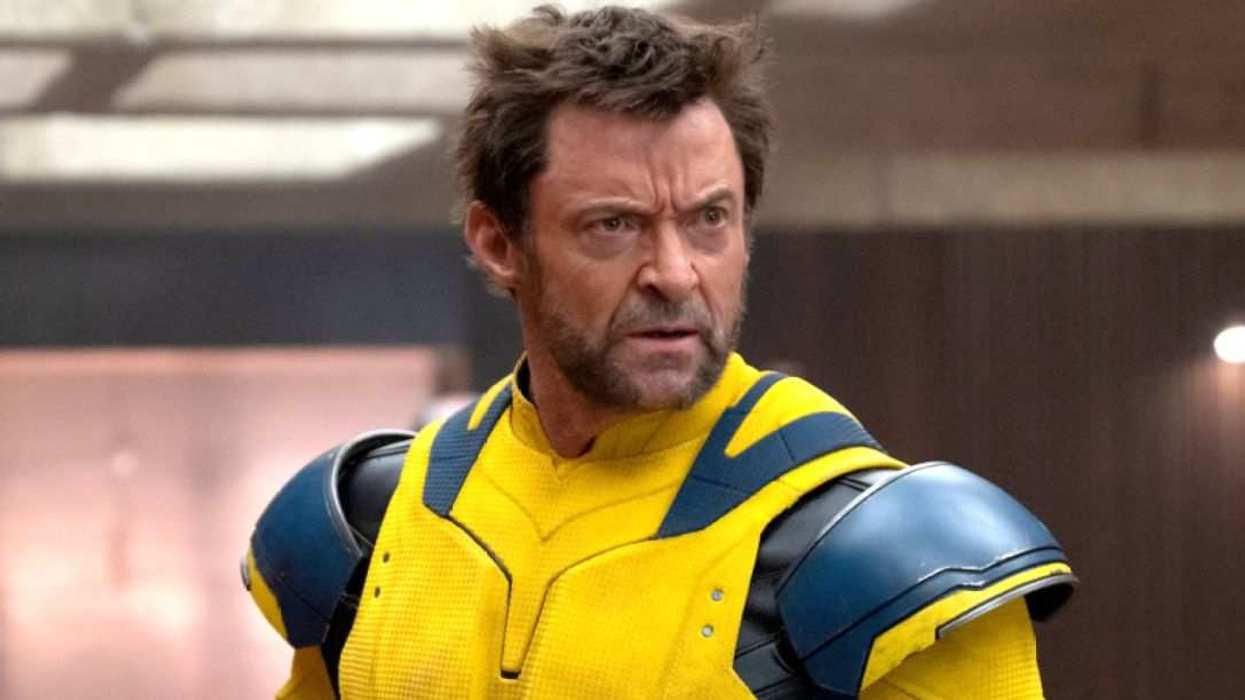
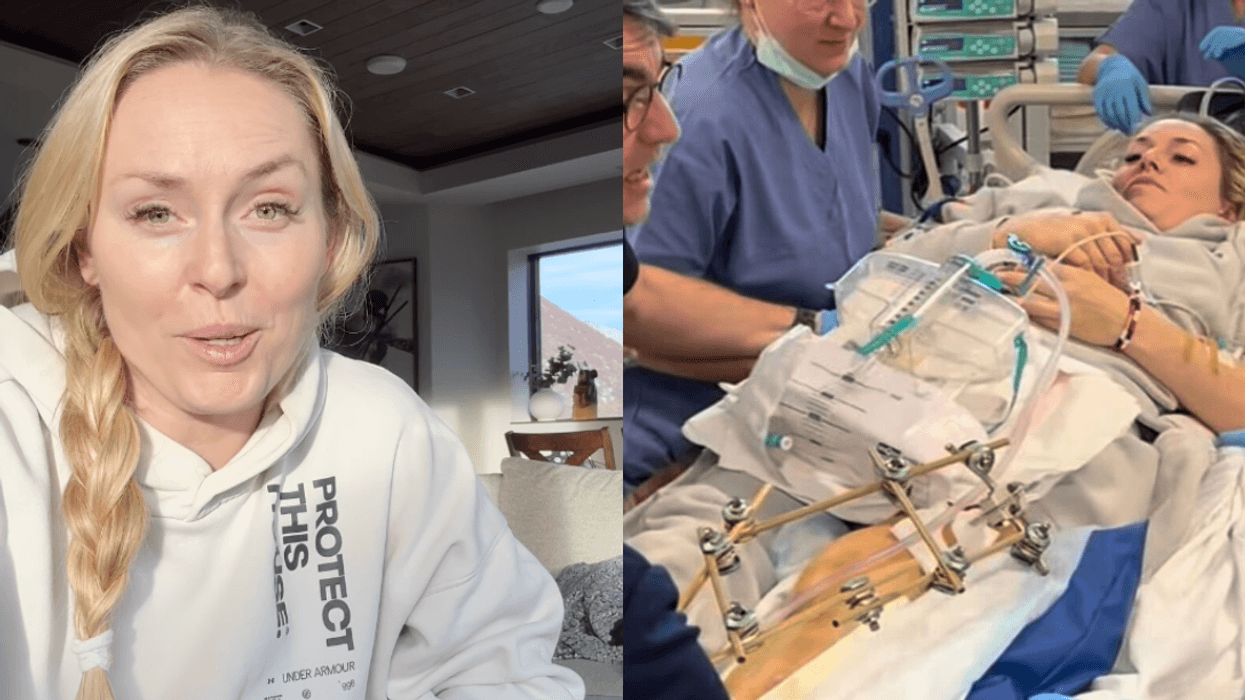
 @lindseyvonn/Instagram
@lindseyvonn/Instagram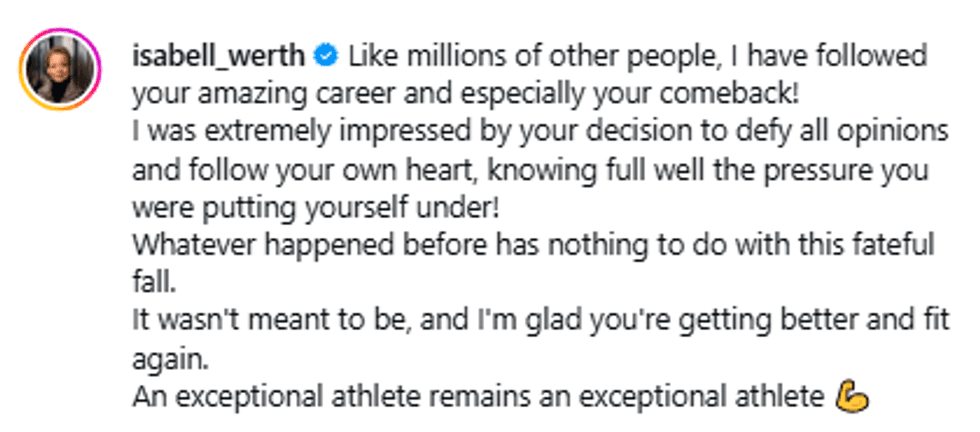 @lindseyvonn/Instagram
@lindseyvonn/Instagram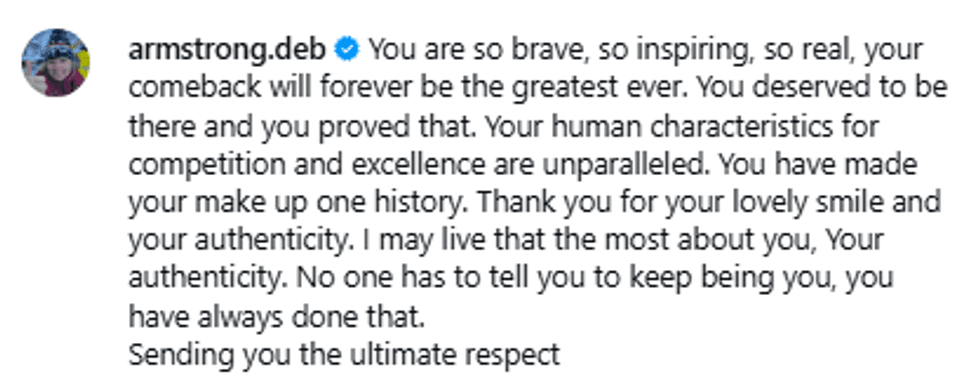 @lindseyvonn/Instagram
@lindseyvonn/Instagram @lindseyvonn/Instagram
@lindseyvonn/Instagram @lindseyvonn/Instagram
@lindseyvonn/Instagram @lindseyvonn/Instagram
@lindseyvonn/Instagram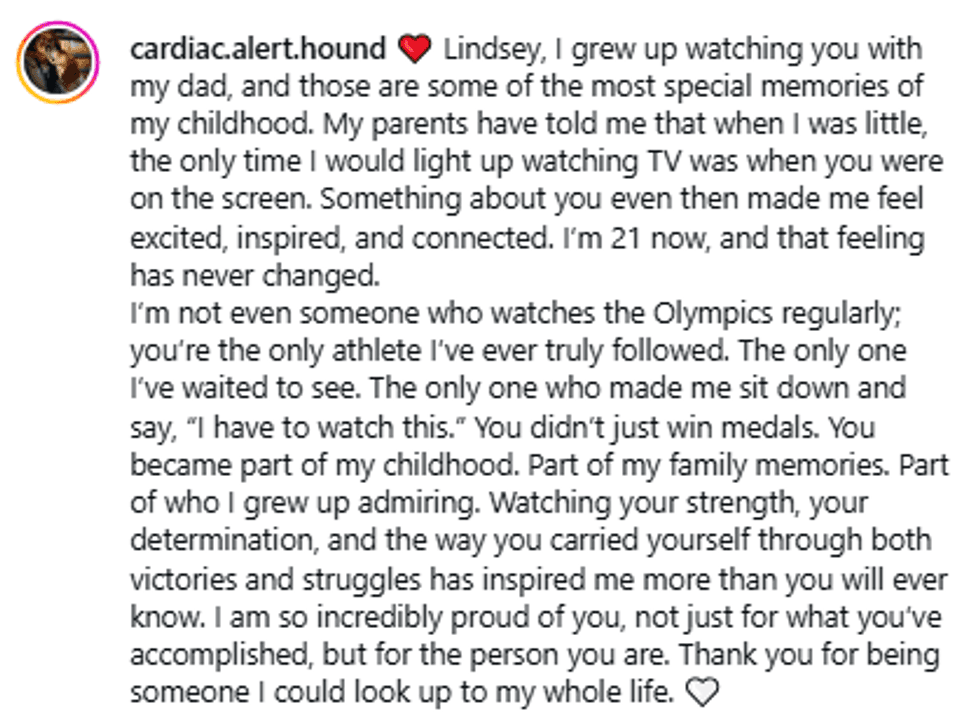 @lindseyvonn/Instagram
@lindseyvonn/Instagram




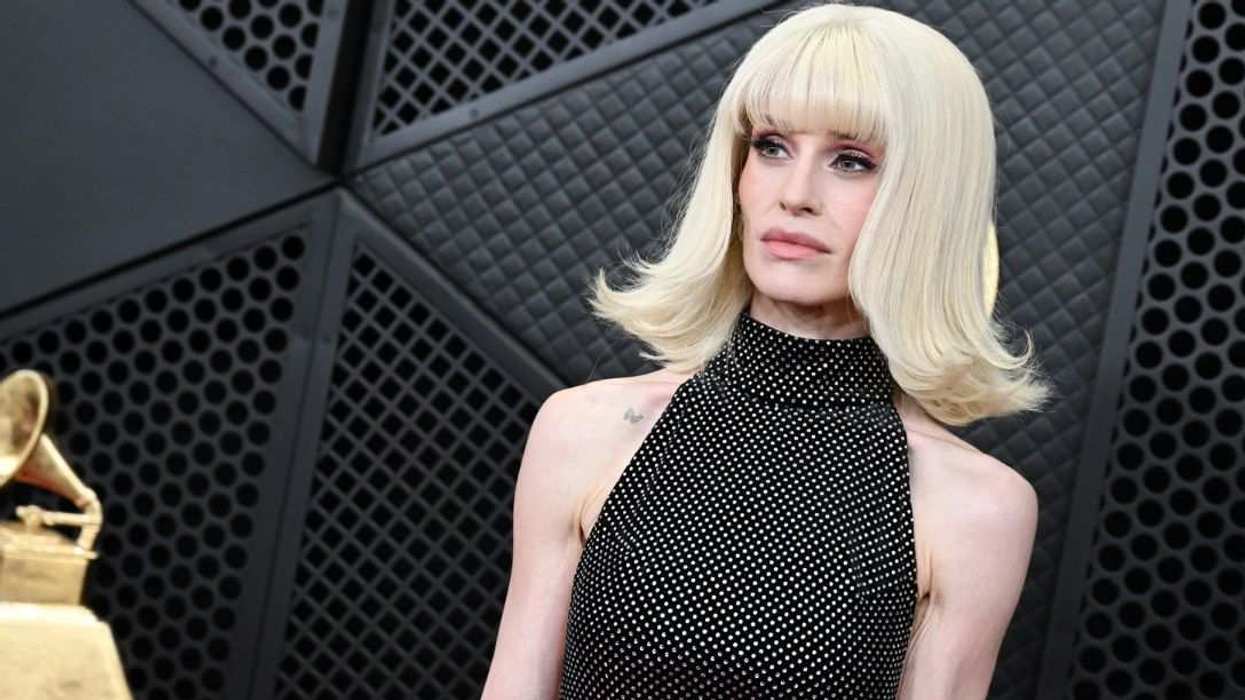
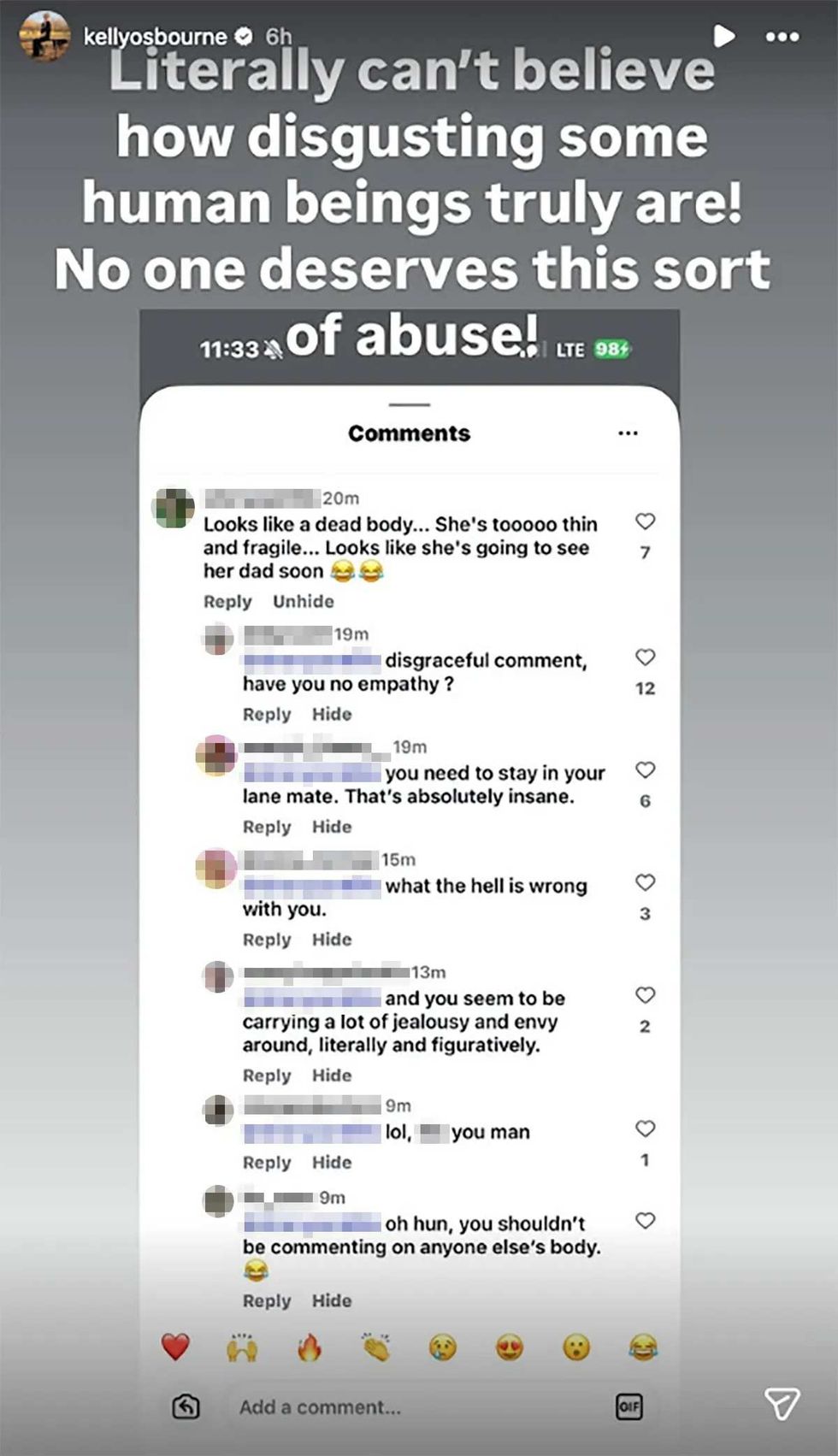 @kellyosbourne/Instagram
@kellyosbourne/Instagram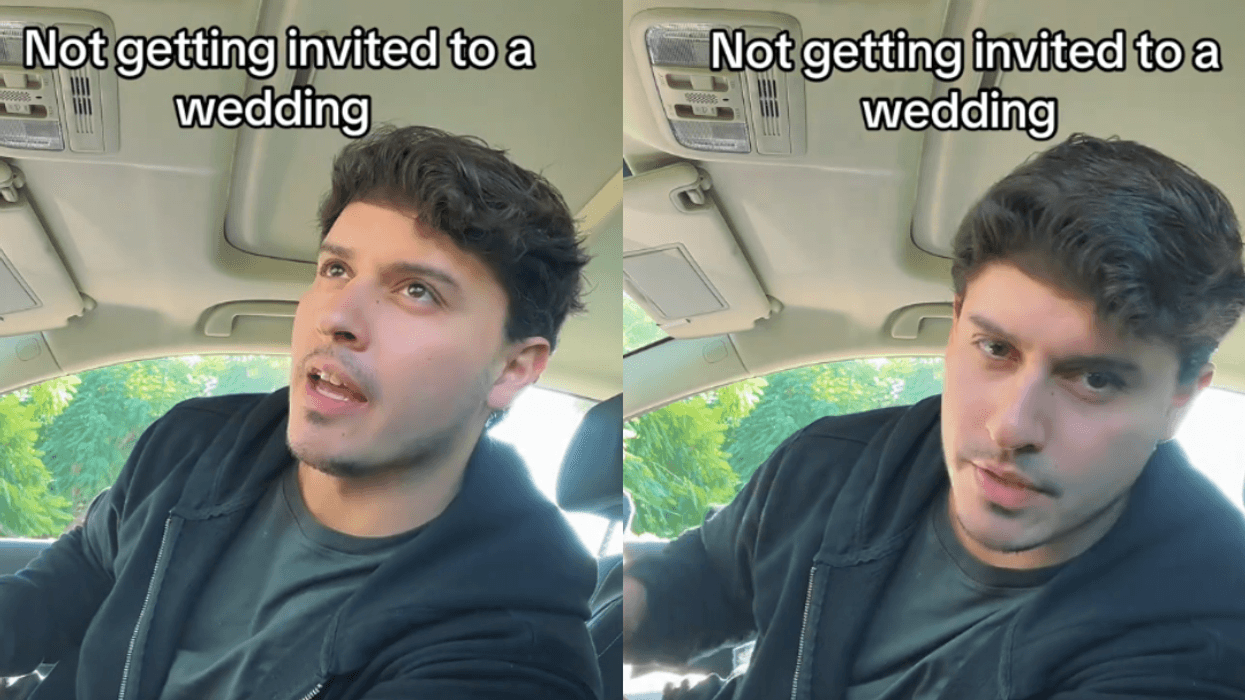
 @yonosoyasi5/TikTok
@yonosoyasi5/TikTok @yonosoyasi5/TikTok
@yonosoyasi5/TikTok @yonosoyasi5/TikTok
@yonosoyasi5/TikTok @yonosoyasi5/TikTok
@yonosoyasi5/TikTok @yonosoyasi5/TikTok
@yonosoyasi5/TikTok @yonosoyasi5/TikTok
@yonosoyasi5/TikTok @yonosoyasi5/TikTok
@yonosoyasi5/TikTok @yonosoyasi5/TikTok
@yonosoyasi5/TikTok @yonosoyasi5/TikTok
@yonosoyasi5/TikTok @yonosoyasi5/TikTok
@yonosoyasi5/TikTok @yonosoyasi5/TikTok
@yonosoyasi5/TikTok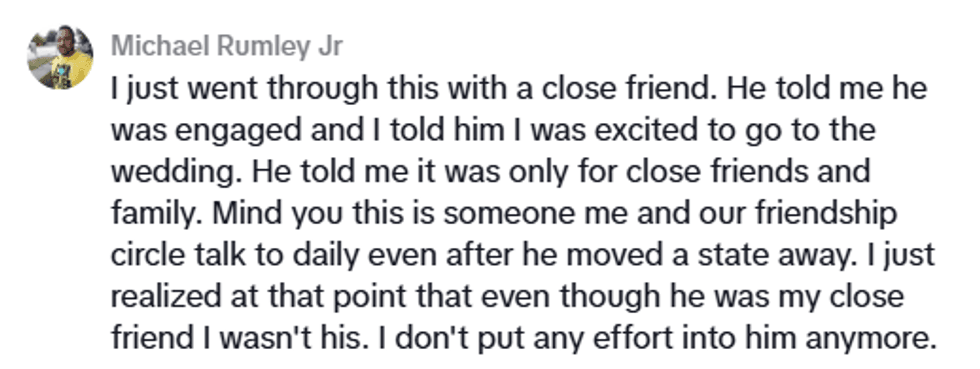 @yonosoyasi5/TikTok
@yonosoyasi5/TikTok @yonosoyasi5/TikTok
@yonosoyasi5/TikTok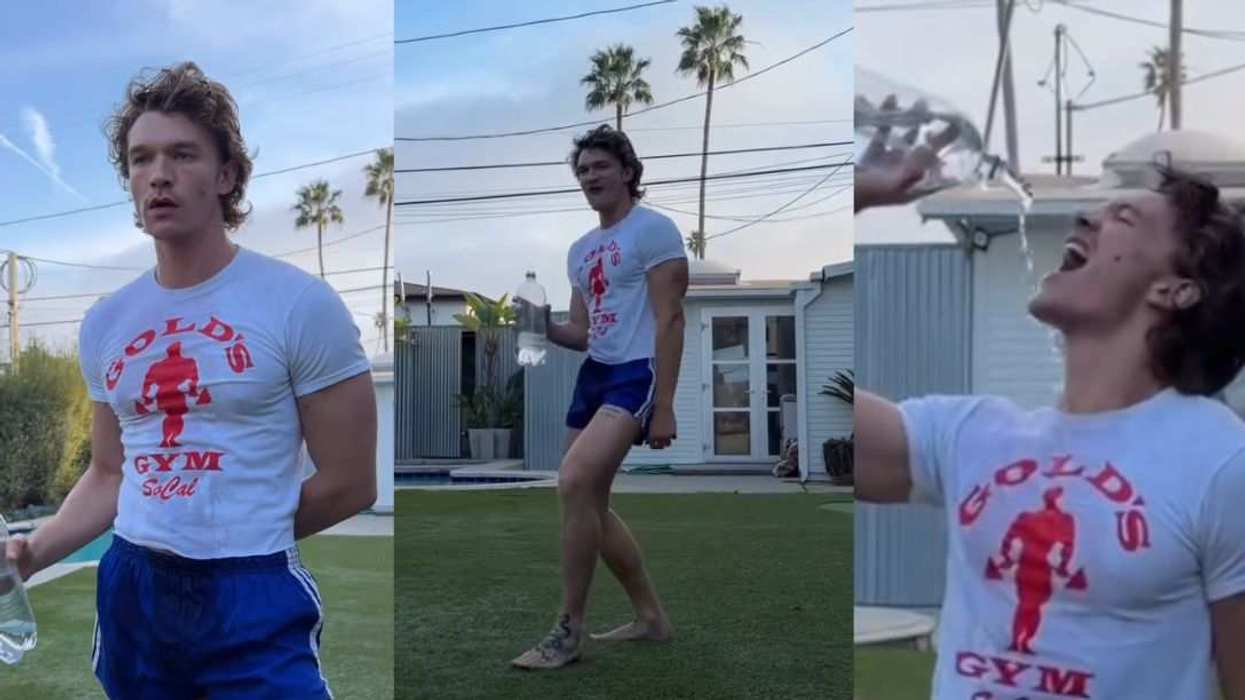
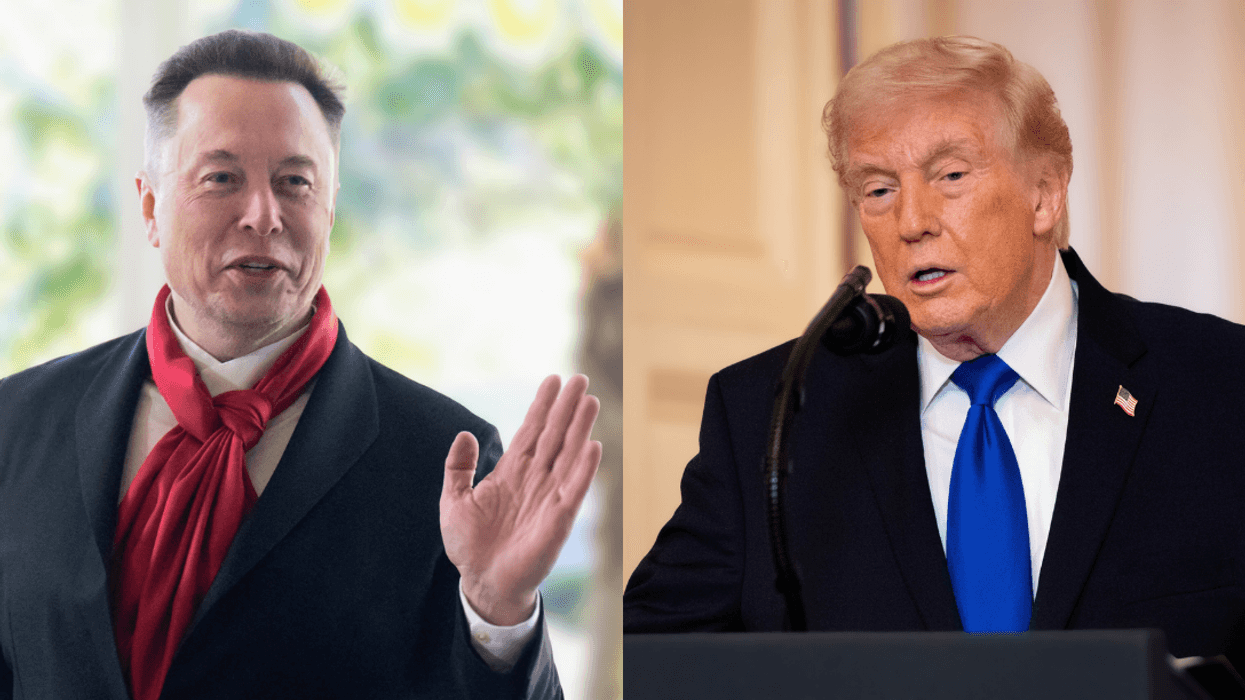
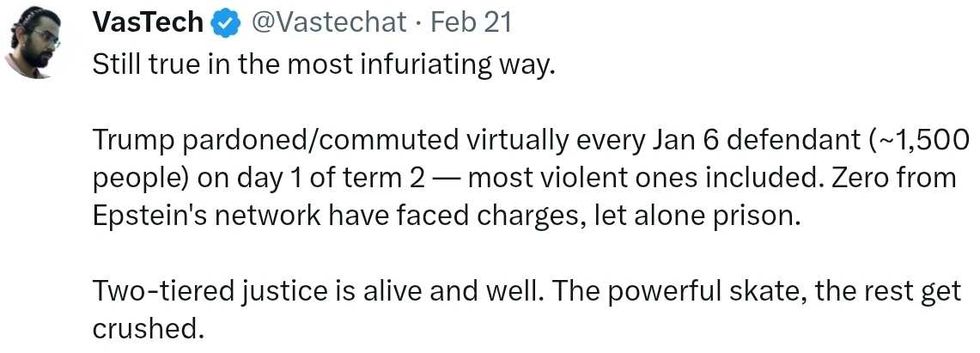 reply to @elonmusk/X
reply to @elonmusk/X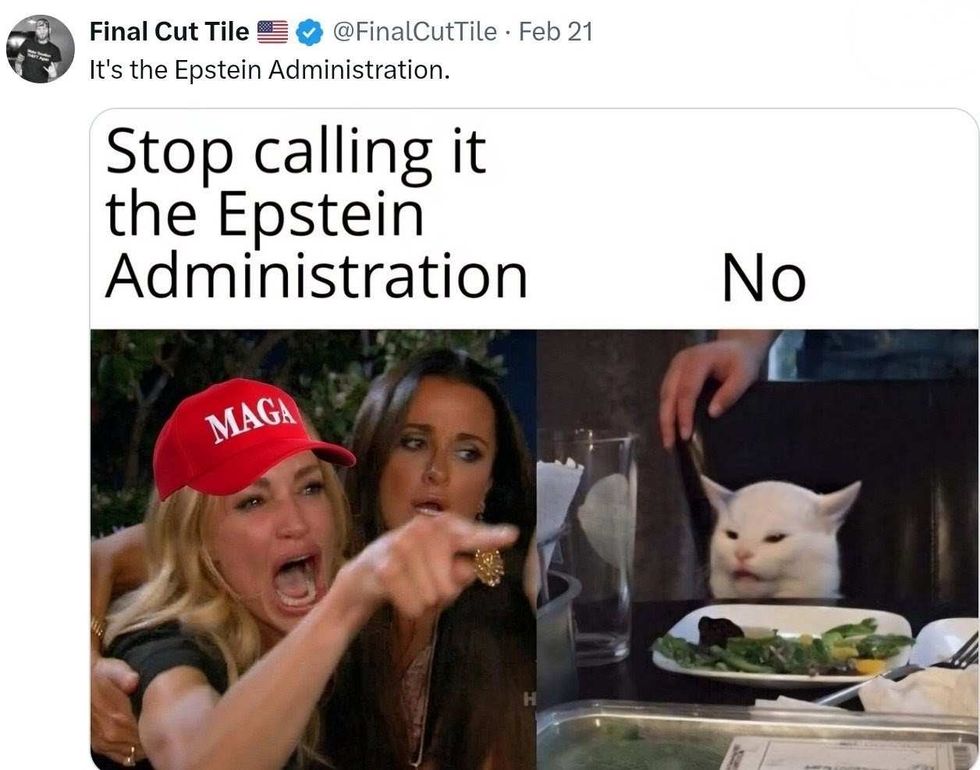 reply to @elonmusk/X
reply to @elonmusk/X reply to @elonmusk/X
reply to @elonmusk/X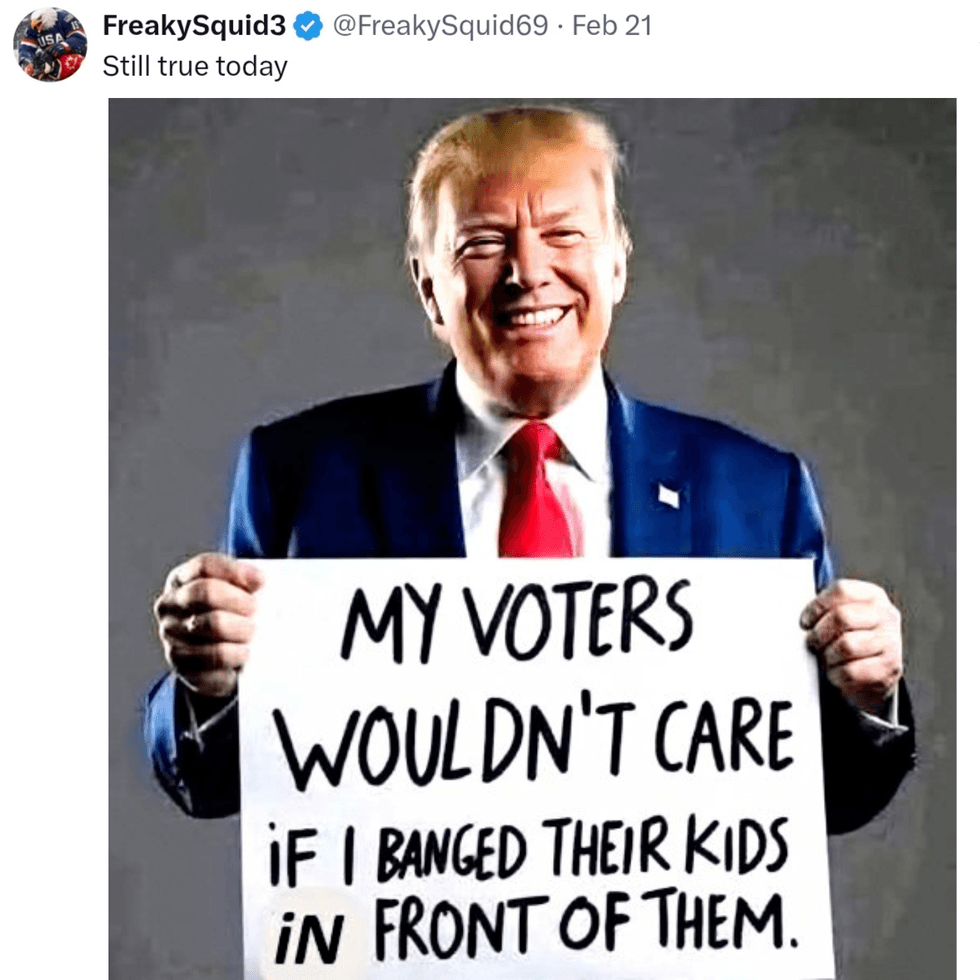 reply to @elonmusk/X
reply to @elonmusk/X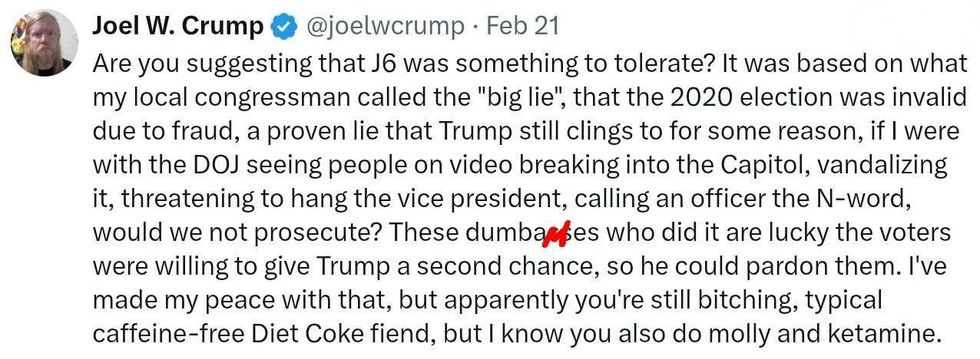 reply to @elonmusk/X
reply to @elonmusk/X reply to @elonmusk/X
reply to @elonmusk/X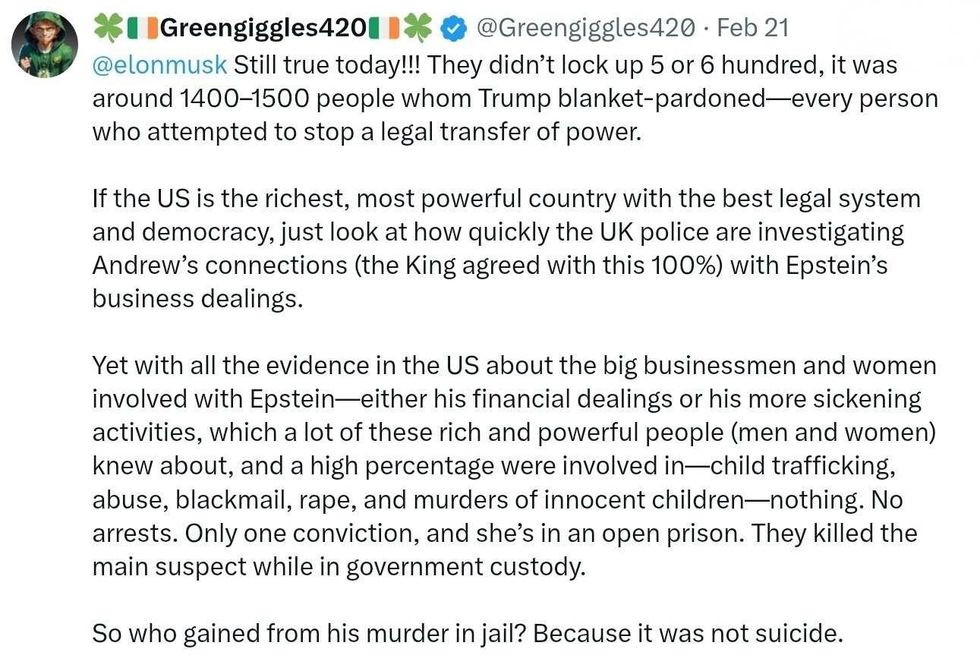 reply to @elonmusk/X
reply to @elonmusk/X